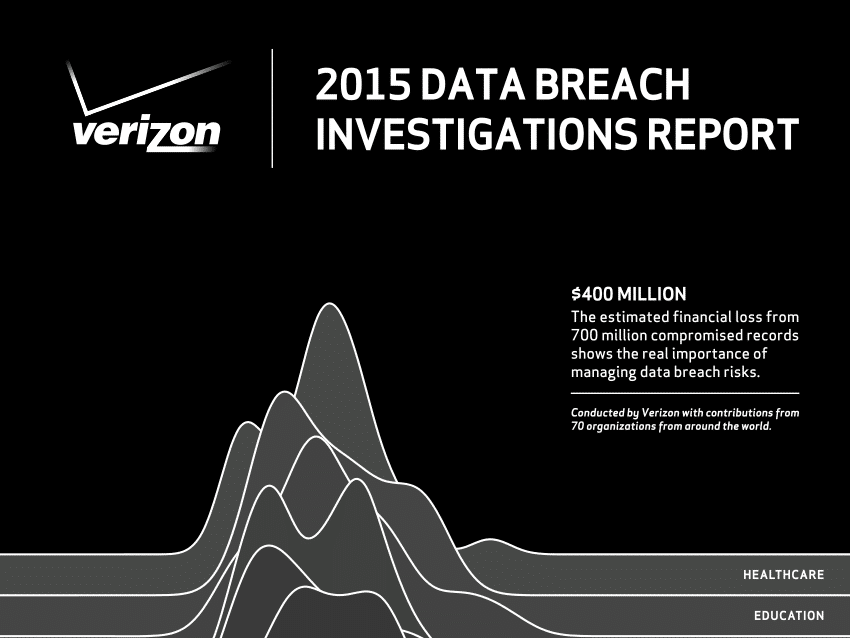In-brief: a security researcher demonstrated a broadcast-based attacks on smart televisions, almost three years after a similar demonstration by researchers at Columbia. More than 90 percent of smart TVs may be vulnerable – but carrying out an attack may be challenging.
Broadcasting
Verizon: Internet of Things Hacks Pose Little Risk – For Now
In-brief: Verizon said in its latest Data Breach Investigations Report that threats from Internet of Things technologies were more theory than practice in 2014, but that 2015 could see IoT devices play a role in breaches.
For Smart TVs, Malware May Hide In Broadcast Content
Researchers at Columbia University have published research showing how new technology that combines broadband and broadcast content could enable a wide range of traditional and novel cyber attacks on smart televisions and other devices: forcing them to interact with malicious web pages, harvesting credentials or carrying out denial of service attacks. The paper, published in May, explores potential attacks on combined broadcast-broadband devices that use an industry specification called Hybrid Broadcast-Broadband Television (HbbTV). According to the researchers, Yossef Oren and Angelos D. Keromytis, the HbbTV specification combines broadband technologies like HTML and broadcast features in an insecure manner. The vulnerabilities affect a wide range of smart entertainment devices, including smart televisions, in Europe and the United States. “This enables a large-scale exploitation technique with a localized geographical footprint based on radio frequency (RF) injection, which requires a minimal budget and infrastructure and is remarkably difficult to detect,” the researchers write. “The technical complexity and […]
Zombies Gone, Problems Persist With Emergency Alert System
More than six months after hacked Emergency Alert System (EAS) hardware allowed a phony warning about a zombie uprising to air in several U.S. states, a security consulting company is warning that serious issues persist in software from Monroe Electronics, whose equipment was compromised in the earlier attack. Software updates issued by Monroe to fix security problems with earlier versions of its software have introduced serious, new issues that could once again allow EAS devices to be compromised by a remote hacker, according to a post by Mike Davis, a researcher at the security firm IOActive on Thursday. Patches issued by Monroe Electronics, the Lyndonville, New York firm that is a leading supplier of EAS hardware, do not adequately address problems raised by Davis and others earlier this year, including the use of “bad and predictable” login credentials. Further inspection by Davis turned up other problems that were either missed […]




